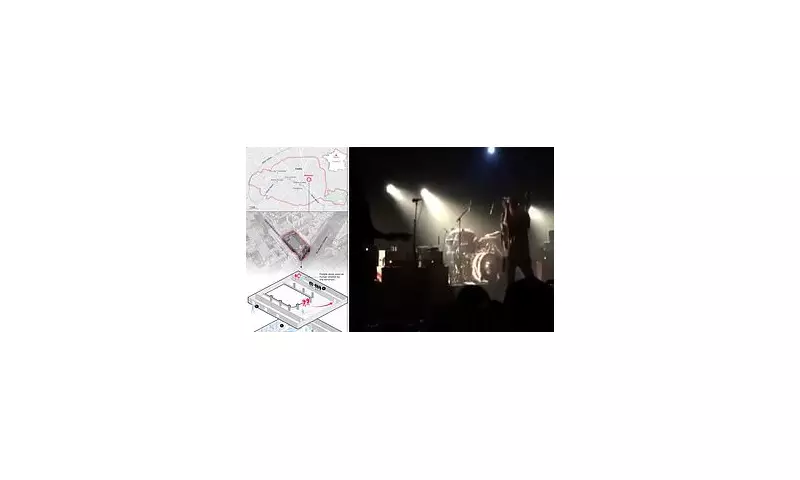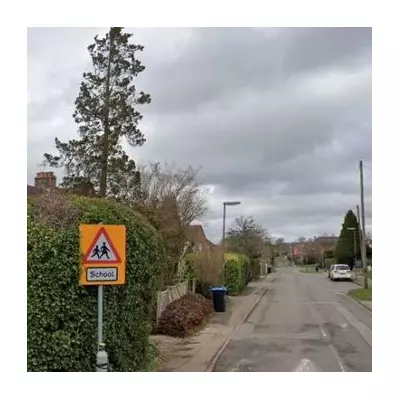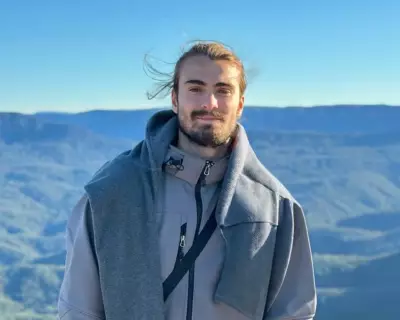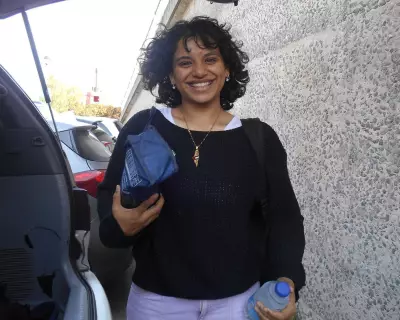
A Night That Changed France: The 2015 Paris Terror Attacks
On the evening of November 13, 2015, France experienced its deadliest day since World War Two when three teams of Islamic State jihadists launched coordinated attacks across Paris, leaving 130 people dead and hundreds injured. The meticulously planned assault targeted eight locations, including the Stade de France stadium, popular bars and restaurants, and the Bataclan concert hall, creating a night of unprecedented terror that would permanently alter the nation's consciousness.
The Coordinated Assault Unfolds
The rampage began at approximately 21:20 when three militants detonated their explosive belts outside the Stade de France, where President François Hollande was watching France play Germany in a football friendly. Minutes later, diners enjoying Friday evening drinks in Paris' bustling 10th and 11th arrondissements were showered with assault rifle bullets, killing at least 34 people.
But the climax of the attack occurred at the Bataclan theatre, where American rock band Eagles of Death Metal were performing to a capacity crowd of 1,500 fans. At 21:40, as the band played their song 'Kiss the Devil,' three AK-47-wielding jihadists arrived in a black Volkswagen Polo, shot the doorman, and stormed the venue shouting 'Allahu akbar' and 'France has no business being in Syria.'
Horror at the Bataclan
What followed was a two-hour and forty-minute siege that survivors described as 'Dante's hell.' The attackers entered the cavernous hall, paused to aim carefully at the crowd, and began firing continuously to maximise casualties. At first, many concertgoers confused the gunfire with special effects or firecrackers, but when the band stopped playing and fled the stage, the terrifying reality became clear.
Witnesses described how the gunmen systematically shot people standing at the bar before throwing grenades and plunging the hall into darkness, with only the flashing of machine guns providing illumination. Ninety people would die in the Bataclan alone, their bodies strewn across the floor as survivors played dead amid pools of blood and brain matter.
Helen Wilson, an American living in France, described trying to save her ex-boyfriend Nick Alexander, who was selling merchandise for the band. 'I tried to protect Nick by covering his body with my legs and wrapping my arms around him,' she recalled in court testimony. 'We were holding hands the whole time. He told me it was hard to breathe so I told him to squeeze my hand and was telling him to stay with me.' Alexander died in her arms.
Police Response and Hostage Crisis
French police arrived at the Bataclan around 22:00, but faced an extremely complex situation. Officers described walking through 'dozens of bodies tangled all over the floor' while survivors pretended to be dead, fearing the police might be additional terrorists. By 23:25, elite BRI officers discovered terrorists holding approximately 20 hostages on the first floor.
A tense negotiation began, with the gunmen using hostage Sébastien as their spokesman. The terrorists demanded to speak to media outlets and warned police they would kill hostages if officers advanced. 'They explained to us that the bombs being dropped on Syria were the reason why they were there,' Sébastien recalled. 'They said they were doing to us Westerners what we were doing to them over there.'
When negotiations proved futile, police launched their final assault at 00:20, using a 80-kilogram metal shield that would later show 27 bullet holes. Officers deployed stun grenades and defensive grenades before engaging the terrorists in a firefight that ended with all three attackers dead—two from gunshots that detonated their suicide vests.
Aftermath and Legacy
The three Bataclan attackers were identified as Foued Mohamed-Aggad, 23, Omar Ismaïl Mostefai, 29, and Samy Amimour, 28. The mastermind behind the coordinated attacks, Abdelhamid Abaaoud, had travelled across Europe despite being on watchlists, exposing significant intelligence failures.
In 2022, what was then France's biggest criminal trial concluded with Salah Abdeslam, the only surviving attacker, receiving a rare full-life sentence. Eighteen other defendants were convicted on terrorism charges.
The attacks fundamentally changed French society, leading to a nationwide state of emergency that eventually became embedded in law. Ten thousand soldiers were deployed to protect sensitive sites, and security measures became a permanent feature of daily life.
Survivors like Sébastien Lascoux describe being permanently changed by their experience. 'A part of me died that night and stayed in the Bataclan,' he said, noting that he still avoids crowded places and that loud noises trigger traumatic memories.
As France marks the tenth anniversary of the attacks, the nation continues to grapple with the legacy of that devastating November night—remembering the victims while maintaining vigilance against the persistent threat of terrorism that first became horrifyingly clear on November 13, 2015.





